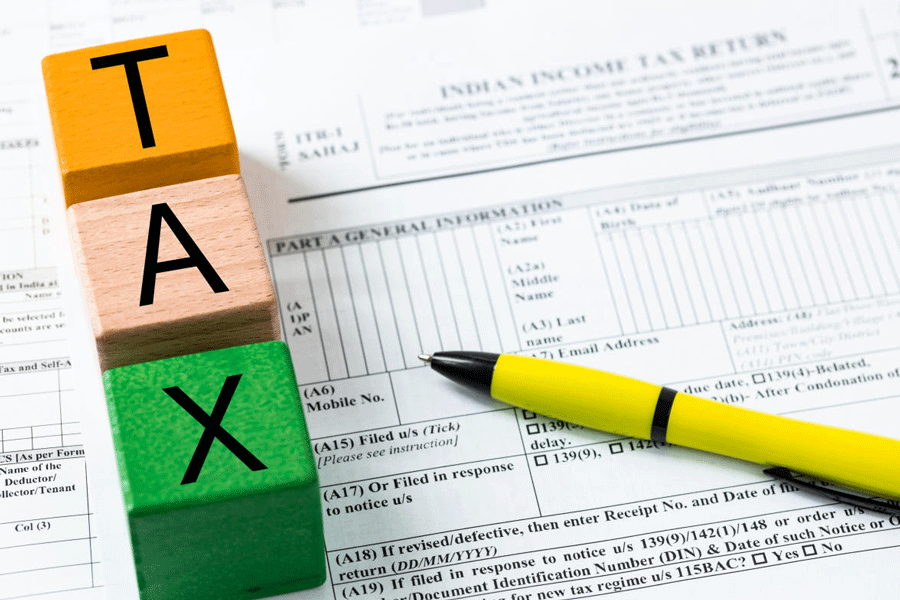The Union government has decided to waive pending small tax demands to reduce litigations while refraining from giving any benefits to individual taxpayers at the pre-election interim budget. With estimates of about a crore beneficiaries, the move is as much a breather for the taxpayer, as it is for the government, which will no longer have to keep track of the demand and follow up for realisation of the same.
Tax demands up to Rs 25,000 that were pending up to 2009-10 (assessment year 2010-11) and up to Rs 10,000 for financial years 2010-11 to 2014-15 (assessment year 2011-12 to 2015-16) will be waived. The move is expected to benefit about 1 crore tax-payers.
“There are a large number of petty, non-verified, non-reconciled or disputed direct tax demands, many of them dating as far back as the year 1962, which continue to remain on the books, causing anxiety to honest taxpayers and hindering refunds of subsequent years,” the finance minister had said while presenting the interim budget.
It is a welcome step but the amount of waiver should be revisited and fixed upwards to make it more meaningful. As a result of the proposed waiver of demands, the taxpayers will be permitted to withdraw their appeals which may be pending before the Commissioner of Income Tax (Appeal) or in the Income Tax Appellate Tribunal (ITAT). It may be noted that the Income Tax department is not permitted to refer any appeal before the ITAT if the tax effect is within Rs 50 lakh.
The finance minister has also said that the government’s focus has been to improve taxpayer services. “The average processing time of returns has been reduced from 93 days in the year 2013-14 to a mere 10 days this year, thereby making refunds faster,” she said.
The focus on taxpayer service is crucial because the number of income-tax payers in India rose to 93.7 million in FY23 from 52.6 million in FY14. The tax deducted at source (TDS) emerged as the largest component of direct taxes, reaching Rs 8.17 lakh crore in FY23, almost double the amount in FY18.
The number of individuals filing income-tax returns has more than doubled in the past 10 years to 77.8 million in 2022-23, helping the direct tax-to-GDP ratio to climb to 6.11 per cent from 5.62 per cent during the same period.
Narayan Jain is the National President of All India Federation of Tax Practitioners











